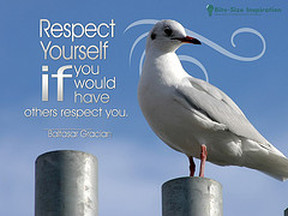Taking the role of punishing your children is not a task any parent dreams of. Of course someone has to do it on occasion, but it doesn't seem fair to let the person who doesn't see the kids all day come home and be the "bad guy." On the other hand, it is unfair for the person who looks after the children on a regular basis to always be the disciplinarian. There needs to be a middle point.
Why do we discipline our children? According to pediatrics and child health "Discipline is the structure that helps the child fit into the real world happily and effectively. It is the foundation for the development of the child’s own self-discipline. Effective and positive discipline is about teaching and guiding children, not just forcing them to obey. As with all other interventions aimed at pointing out unacceptable behaviour, the child should always know that the parent loves and supports him or her. Trust between parent and child should be maintained and constantly built upon.
Parenting is the task of raising children and providing them with the necessary material and emotional care to further their physical, emotional, cognitive and social development.
Disciplining children is one of the most important yet difficult responsibilities of parenting, and there are no shortcuts.
The goal of effective discipline is to foster acceptable and appropriate behaviour in the child and to raise emotionally mature adults.
The foundation of effective discipline is respect. The child should be able to respect the parent’s authority and also the rights of others. Inconsistency in applying discipline will not help a child respect his or her parents. Harsh discipline such as humiliation (verbal abuse, shouting, name-calling) will also make it hard for the child to respect and trust the parent.
Thus, effective discipline means discipline applied with mutual respect in a firm, fair, reasonable and consistent way. The goal is to protect the child from danger, help the child learn self-discipline, and develop a healthy conscience and an internal sense of responsibility and control. It should also instill values."
http://www.ncbi.nlm.nih.gov/pmc/articles/PMC2719514/?report=reader
The next time you are thinking about telling your child to wait until the other parent gets home, stop and think. Is this what you want to teach your child? Respect each other as parents and mirror this behavior to your child, this will produce respect in them and lead to appropriate behavior.

 RSS Feed
RSS Feed